Naloxone Tablets
$50.00 – $150.00
Naloxone Tablets
Naloxone is typically not available in tablet form; it is most commonly administered as an injection or nasal spray. Naloxone is an opioid antagonist, meaning it reverses the effects of opioids in the body. It works by quickly binding to opioid receptors in the brain, blocking the effects of opioids and reversing opioid overdose.
Naloxone Tablets
Naloxone is typically not available in tablet form; it is most commonly administered as an injection or nasal spray. Naloxone is an opioid antagonist, meaning it reverses the effects of opioids in the body. It works by quickly binding to opioid receptors in the brain, blocking the effects of opioids and reversing opioid overdose.
Here’s some information about naloxone:
Description:
- Generic Name: Naloxone
- Brand Names: Narcan, Evzio
- Drug Class: Opioid antagonist
- Form: Injectable solution for intravenous, intramuscular, or subcutaneous administration; nasal spray
Uses:
- Opioid Overdose Reversal: Naloxone is used as an emergency treatment for opioid overdose. It rapidly reverses the effects of opioids, including respiratory depression, sedation, and coma, potentially saving a person’s life.
- Opioid Addiction Treatment: Naloxone is also used as a component of medication-assisted treatment (MAT) for opioid addiction. When combined with medications like buprenorphine or methadone, naloxone helps prevent misuse of these opioids by blocking their effects when taken in higher doses.
Warning:
- Rapid Reversal of Opioid Effects: Naloxone can rapidly reverse the effects of opioids, potentially leading to withdrawal symptoms in individuals who are physically dependent on opioids.
- Short Duration of Action: Naloxone’s effects are relatively short-lived compared to many opioids, so repeated doses or additional medical treatment may be necessary, especially in cases of potent or long-acting opioids like fentanyl.
- Injection Site Reactions: Injectable naloxone may cause pain, swelling, or redness at the injection site.
- Not a Substitute for Emergency Medical Care: Naloxone is not a substitute for emergency medical care. Anyone who has received naloxone should seek further medical attention immediately, even if they appear to have improved, as the effects of naloxone may wear off before the effects of the opioids have fully resolved.
- Use in Pregnancy: Naloxone is generally considered safe for use during pregnancy and is recommended for opioid overdose in pregnant individuals.
Dosage:
- The dosage of naloxone varies depending on the formulation and route of administration. Injectable naloxone is typically administered in doses ranging from 0.4 mg to 2 mg, depending on the severity of the overdose and the individual’s response. Nasal spray formulations may contain 2 mg per dose.
Naloxone is often provided in kits or as part of community-based overdose prevention programs to individuals at risk of opioid overdose, as well as to their friends and family members. Training on how to recognize and respond to opioid overdose, including the administration of naloxone, is an important component of these programs.
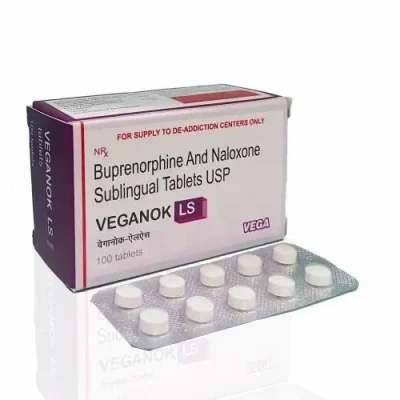
| Amount | 100 pills, 30 pills, 60 pills |
|---|
Reviews
There are no reviews yet.
Related products
Pills
Pills
Pills
Pills
Pills
Pills
Pills

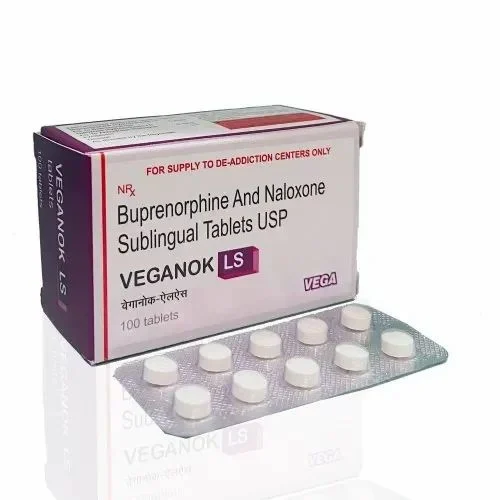
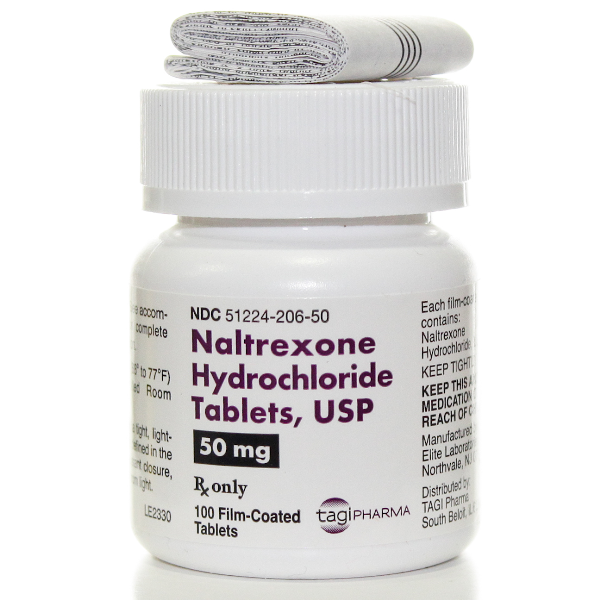
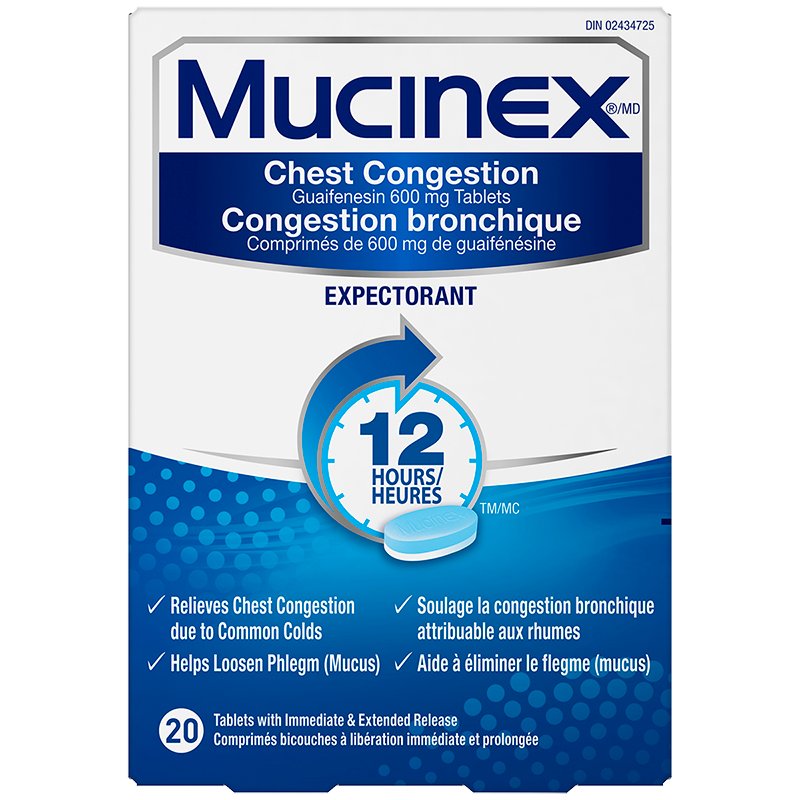
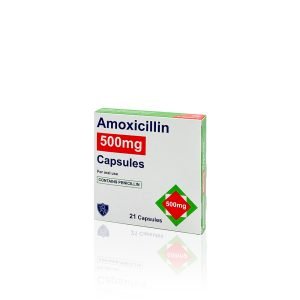
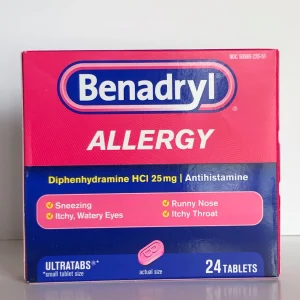
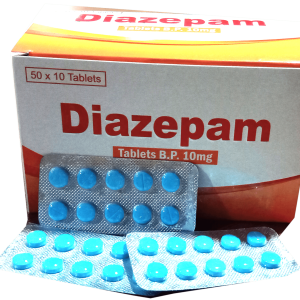
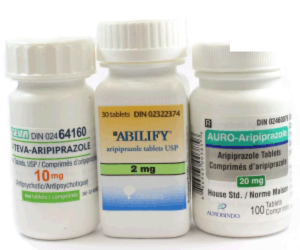

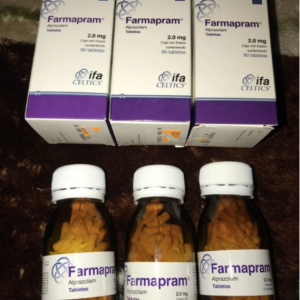
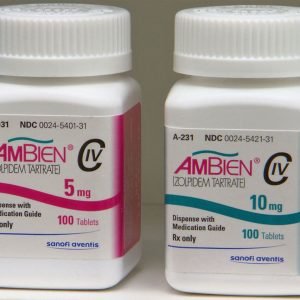
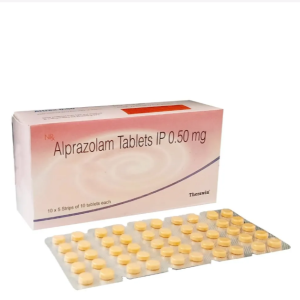
Be the first to review “Naloxone Tablets”